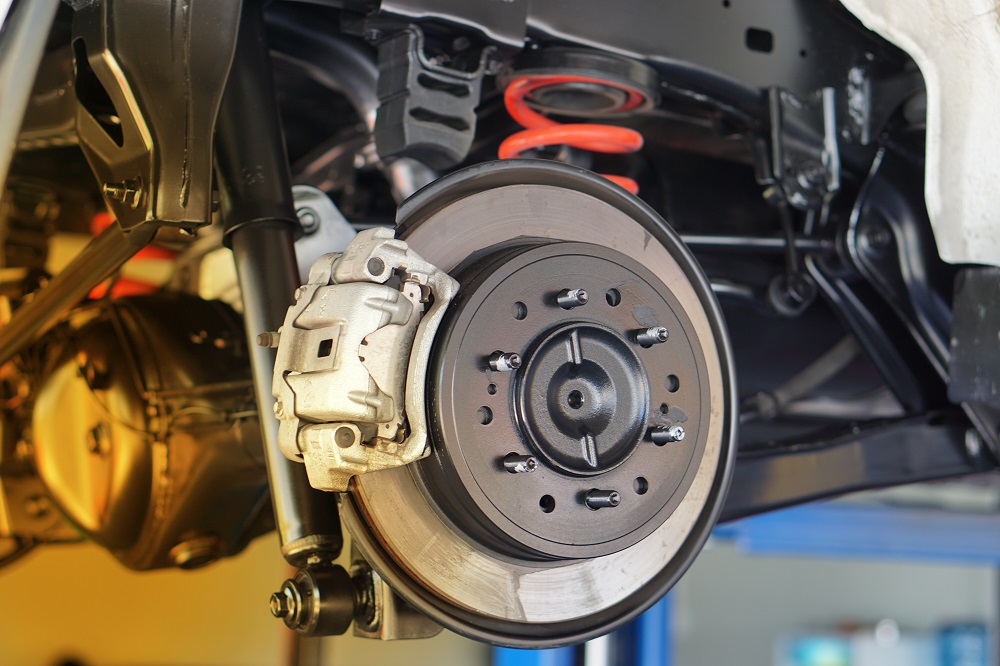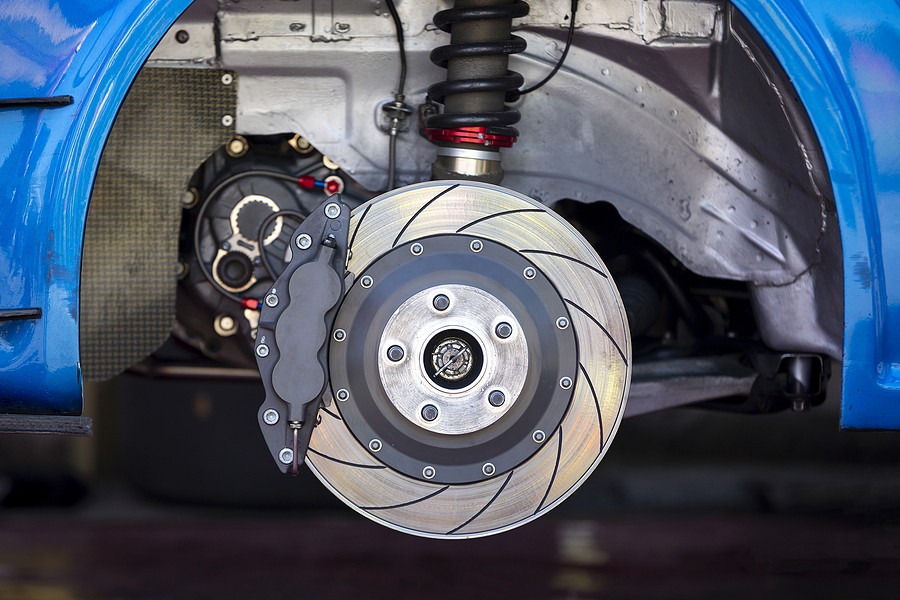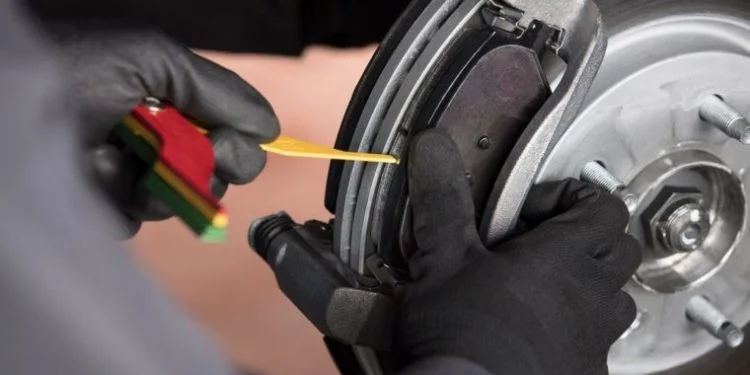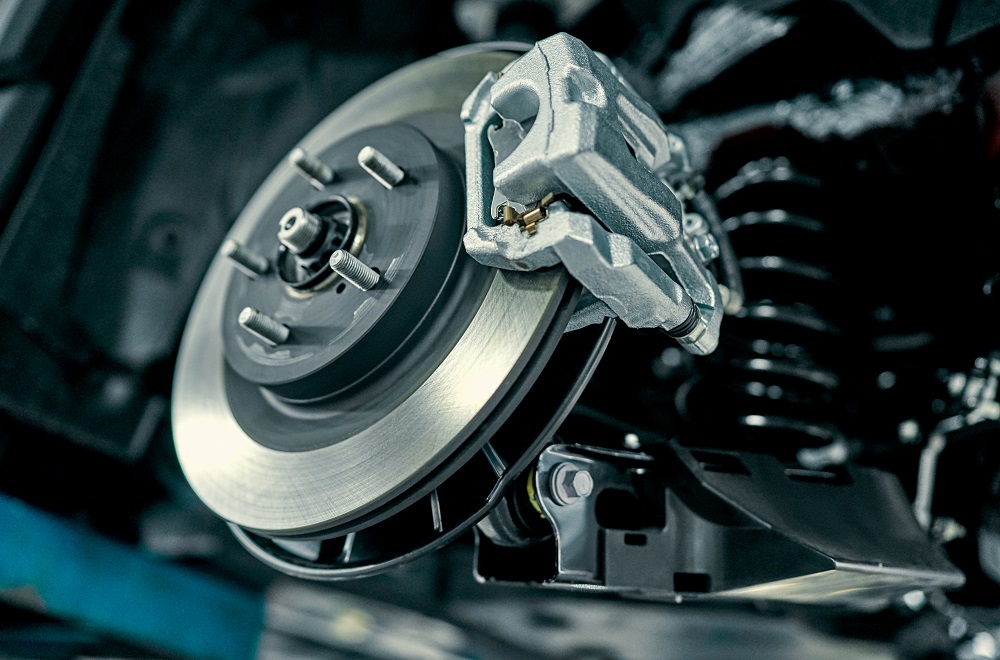Squeaky brakes are a common issue that many drivers encounter, and while the noise can be bothersome, it often indicates that there’s something amiss with your car’s braking system. Understanding the reasons behind the squeaking and knowing how to address them can help you maintain your vehicle’s safety and performance.
Brakes are one of the most critical safety components of any vehicle, and their proper functioning is paramount to ensuring your safety on the road. Squeaky brakes can be caused by various factors, such as worn brake pads, accumulated dust, and debris, moisture, or even the type of brake pad material used.
In some cases, the squeaking might be a simple annoyance, while in others, it could be a warning sign of a more serious issue that requires immediate attention. By identifying the root cause of the squeaking and taking the necessary steps to resolve it, you can ensure that your brakes remain in optimal condition.

In this article, we’ll explore the common causes of squeaky brakes and provide practical solutions to help you address the issue and keep your car’s braking system in top shape. Squeaky brakes can be a nuisance and sometimes cause for concern.
The sound can be alarming, especially if you’re not sure what’s causing it. Understanding the reasons behind squeaky brakes and knowing what to do about it can help you maintain your car’s braking system and ensure your safety on the road.
Common Causes of Squeaky Brakes
1. Worn Brake Pads: One of the most common reasons for squeaky brakes is worn brake pads. Brake pads have wear indicators that produce a squeaking noise when they are nearing the end of their lifespan. This noise is a warning sign that it’s time to replace the brake pads.
2. Dust and Debris: Dust and debris can accumulate on the brake rotors and pads, causing a squeaking noise when you apply the brakes. This is especially common if you drive in dusty or dirty environments.
3. Moisture: Moisture can build up on the brake rotors when your car is parked for an extended period. This can cause a temporary squeaking noise when you first apply the brakes. The noise should disappear after a few applications as the moisture evaporates.
4. Brake Pad Material: Some brake pad materials are more prone to squeaking than others. For example, metallic or semi metallic brake pads tend to squeak more than ceramic or organic brake pads.
5. Lack of Lubrication: The brake system consists of various components that need proper lubrication to function smoothly. Lack of lubrication on the brake pad backing plates, caliper pins, or other moving parts can cause squeaking noises.

6. Rusted Rotors: Rust can develop on the brake rotors, especially if your car is exposed to moisture or humidity. Rusted rotors can cause a squeaking noise when you apply the brakes.
7. Braking Style: Frequent hard braking can cause the brake rotors to glaze over, resulting in a squeaking noise. This is because the high temperatures generated during hard braking can create a smooth, glassy surface on the rotors, which reduces friction and causes noise.
8. Poor Installation: Improper installation of brake pads or other brake components can lead to squeaky brakes. It’s essential to ensure that all parts are installed correctly and securely.
Solutions for Squeaky Brakes
1. Replace Worn Brake Pads: If your brake pads are worn out, replacing them is the best solution. Ensure that you choose high quality brake pads that are suitable for your vehicle.
2. Clean the Rotors: Use a brake cleaner to remove dust and debris from the brake rotors and pads. This can help eliminate squeaking caused by accumulated dirt.
3. Apply Anti-Squeal Lubricant: Lubricate the contact points and guide pins with an anti-squeal lubricant to reduce noise. This will help ensure that the brake components move smoothly and quietly.
4. Check Brake Hardware: Inspect the brake hardware, such as clips, springs, and shims, to ensure they are in good condition. Replace any worn or damaged hardware to prevent squeaking.

5. Resurface or Replace Rotors: If your brake rotors are rusted or glazed, they may need to be resurfaced or replaced. Resurfacing involves removing a thin layer of the rotor’s surface to create a smooth, even surface for the brake pads to contact.
6. Avoid Hard Braking: Practice smooth and gradual braking to prevent the rotors from glazing over. This will help maintain the friction between the brake pads and rotors and reduce the likelihood of squeaking.
7. Proper Installation: Ensure that all brake components are installed correctly and securely. If you’re not confident in installing brake parts, it’s best to seek professional help.

